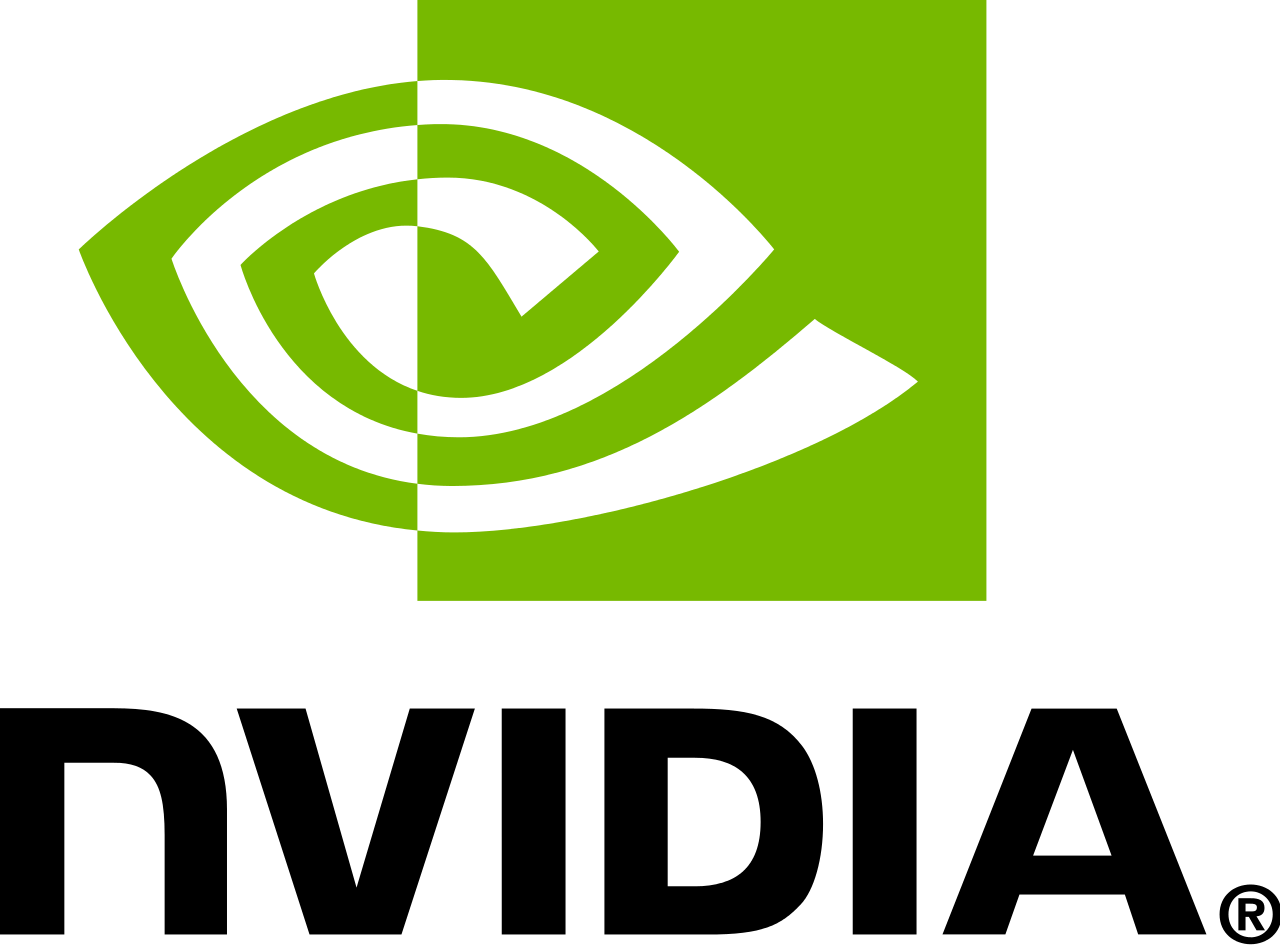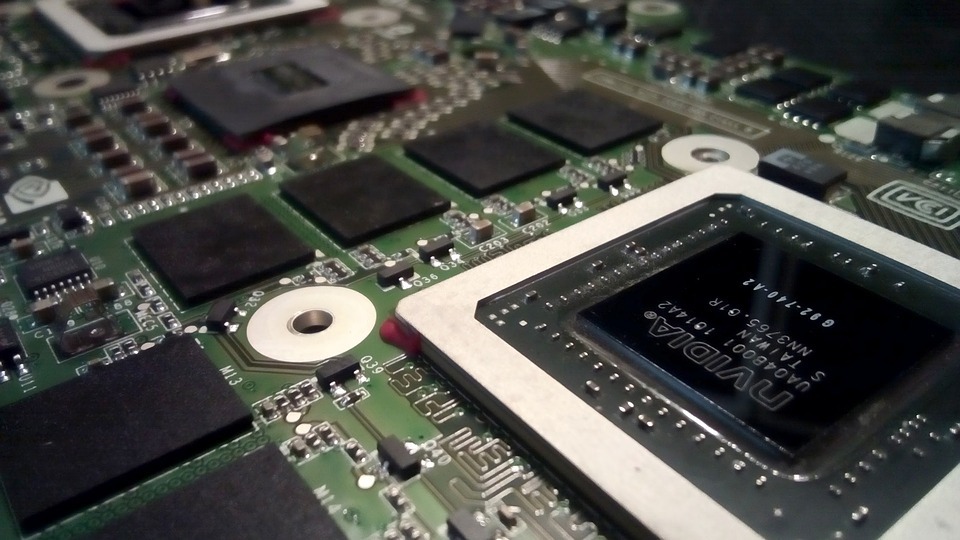

The business of designing computer chips has entered a “golden age”, according to computer gurus David Patterson and John Hennessy (Chair of Alphabet, Google’s parent company). The rise of artificial intelligence (AI), in addition to the shift to cloud computing, and the slow death of Moore’s Law, have increased the for “accelerator” chips, designed to considerably speed up common types of calculations.
One of the industry’s leaders is Nvidia, an American firm that manufactures graphics-processing units (GPUS), which are sophisticated chips designed to produce the kind of demanding visual effects found in today's video games.
As it turns out, the same chips are used for the kinds of calculations needed across a wide range of applications, from advanced climate simulations to intricate machine learning processes. Modified versions can commonly be found in supercomputers, data centers and cars.
It was this kind of opportunistic buzz that propelled the firm’s share price to peak at $289 in October 2018.
Since then, however, the company’s shares have tumbled precipitously. In February, Nvidia reported dismal quarterly results. Revenues fell by 24 percent compared to the same period last year, and profits by 49 percent. Jensen Huang, Nvidia’s founder and boss, called it “a turbulent close to what had been a great year”.
 Despite intentions to diversify the business, the lion’s share of Nvidia’s revenues - some $11.7b - comes from selling chips to gamers. The firm’s gaming division reported a large slump in revenues, falling by 45 percent in the latest quarter compared with the year before. Additionally, Nvidia’s gaming numbers include the money its makes from selling GPUS to cryptocurrency miners, a bubble that recently burst. Nonetheless, there is still more beneath the surface to this story .
Despite intentions to diversify the business, the lion’s share of Nvidia’s revenues - some $11.7b - comes from selling chips to gamers. The firm’s gaming division reported a large slump in revenues, falling by 45 percent in the latest quarter compared with the year before. Additionally, Nvidia’s gaming numbers include the money its makes from selling GPUS to cryptocurrency miners, a bubble that recently burst. Nonetheless, there is still more beneath the surface to this story .
Sales for the firm’s brand-new “Turing” chips, which support an advanced graphics technique called ray-tracing, have been sluggish. While ray-tracing produces more realistic lighting, it requires huge amounts of computing power. Due to the high costs involved, only a handful of big titles currently support it.
Even without ray-tracing, Nvidia chips still offer decent performance enhancements over the firm’s previous products. Its chips are also generally faster than AMD’s (Advanced Micro Devices), its only significant competitor in gaming, which has encouraged it to raise prices (Turing graphics cards may cost around $1,500). Consequently, charging big sums for only modest improvements in return has, unsurprisingly, proved challenging.
Nvidia’s disastrous quarter will probably prove to be just a blip in the stock’s historical performance. All but one of its non-gaming divisions grew in 2018 and it expects revenues to recover next year. As the need for cloud computing grows and AI becomes more widespread, demand for Nvidia’s products will likely increase.
It faces, however, growing competition as bigger chipmakers such as Intel target similar markets. Many of Nvidia’s potential clients, including Google and Microsoft, are also breaking into the chip-design industry, as is Facebook who announced in February that it plans to release its own AI chip.
Navigating this new landscape will require a lot of Huang’s attention, as will keeping his core customers happy all the while.
For more information:
Photo credit: